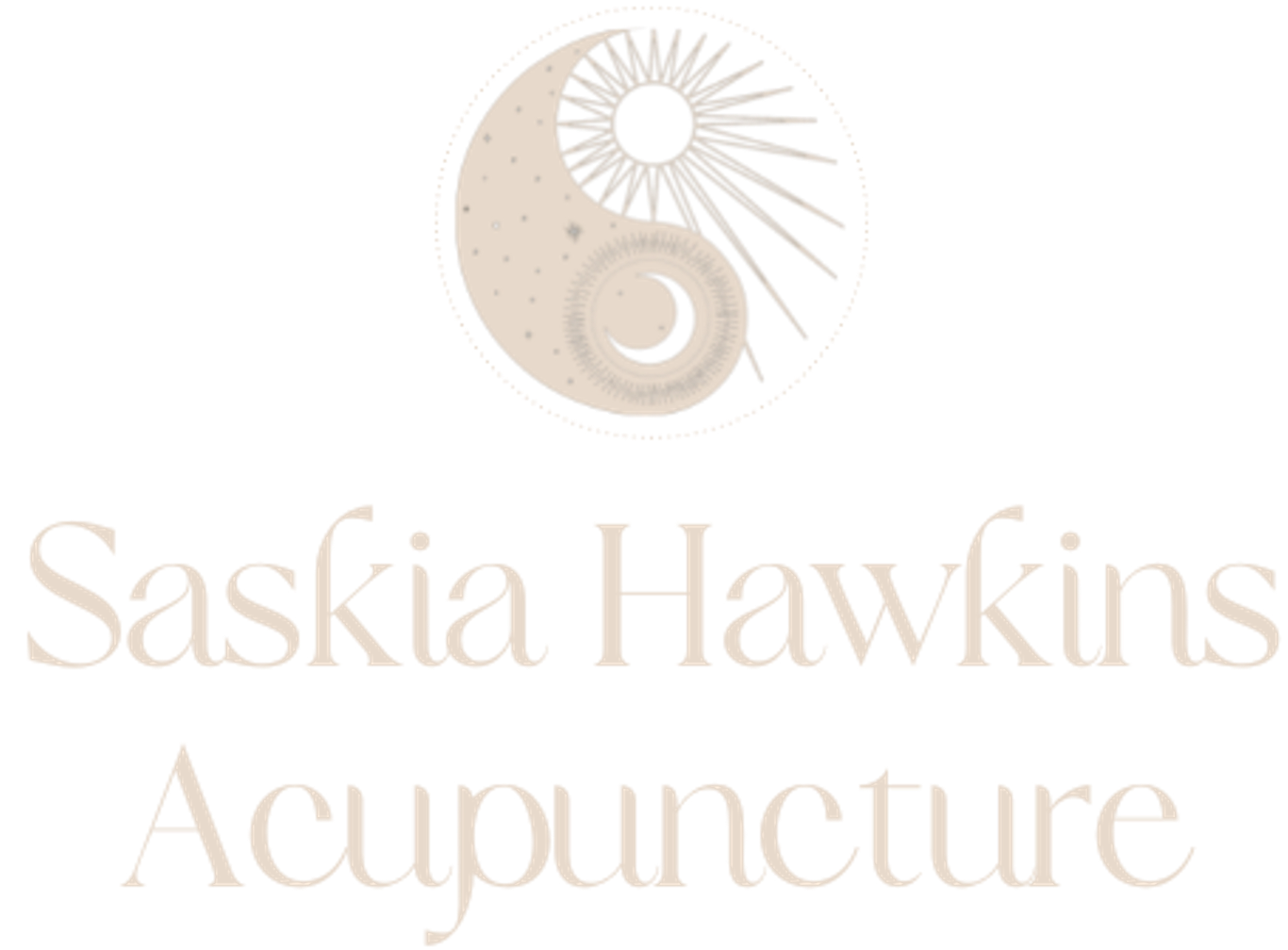Embracing Spring with Chinese Medicine
The signs I’m sure you’ve all been waiting for: bright green shoots poking through the soil, buds on the trees, longer and brighter days and clear blue skies. Spring is the long-awaited change we need after a dark and cold winter.
In Traditional Chinese Medicine (TCM), spring is the time of year when yang is increasing. We are transitioning from the long slumber of winter (yin) to the heights of summer (yang). Just like those trees that lay dormant all winter; we too can harness the power of spring to blossom and slough off the old and usher in a fresh, beautiful new experience of health, mental clarity and emotional wellbeing.
The Wood element
According to the Chinese Five Elements theory, spring is associated with the wood element. Just like the branches of a tree, the wood element represents the spirit of outward movement, growth and rejuvenation. It is a good time to ask yourself what you would like to see flourish this season?
Liver & Gallbladder health
The prominent organs in spring are the Liver and Gallbladder. The Liver is responsible for the smooth flow of Qi in the body and is one of the most important organs for cleansing and energising the body. The Gallbladder is responsible for storing and excreting bile and governs planning, decision-making and inspiration.
These organs are particularly sensitive to long-held emotions and stress, which can cause Qi to stagnate. Feelings of anger, irritability and depression are all signs of stagnation, as well as mood swings, poor sleep, migraines, pain, tension, worsening PMS and period pain, indigestion, skin flare-ups, eye issues... All of which can be supported by acupuncture which aims to restore balance and the smooth flow of Qi.
The colour of spring is green and the taste of spring is sour
In your diet, this means increasing the amounts of fresh, leafy greens and sprouts of new growth such as nettles, watercress, chickweed, chard, and dandelion, as well as sour foods such as lemons, sorrel and apple cider vinegar. Your food can also be prepared in a lighter and simpler way such as gentle simmering or steaming.
Moderate exercise
The Liver stores blood during periods of rest and then releases it to the muscles in times of activity, maintaining their health and flexibility. The Liver also controls the sinews (including tendons) in the body, so keeping them flexible and nourished is key to staying agile and healthy this season. Incorporate some big morning and evening stretches into your routine - picture a big bear coming out from hibernation.
A brisk walk to the woods is a great way of getting your Qi flowing and connecting with your Wood element. Those cold and windy days are still lurking though so make sure you layer up! Qi Gong, yoga and Tai Chi are also lovely ways of moving your Qi.
Last but not least, acupuncture can support the overall health of your Liver Qi, help the release of pent-up emotions and any of the symptoms described above. I always recommend seasonal tune-ups too, to help the body adapt to the changes happening around you.

